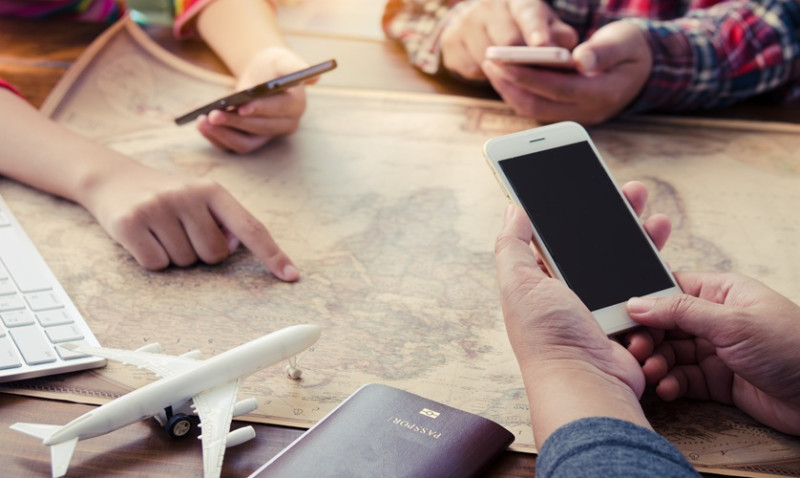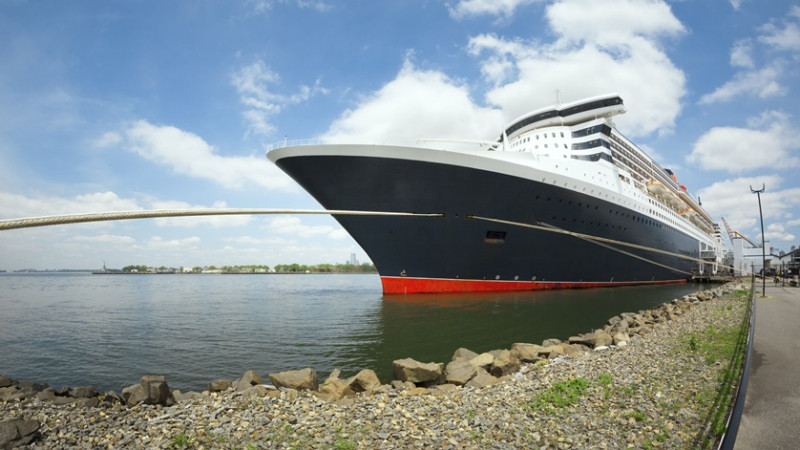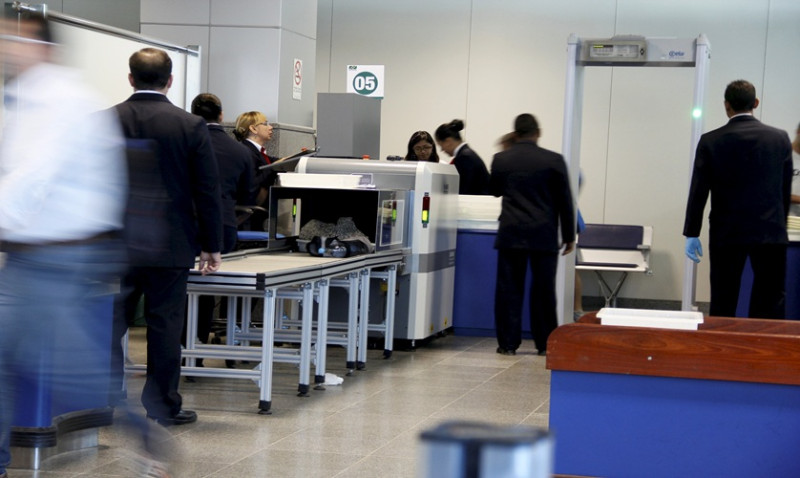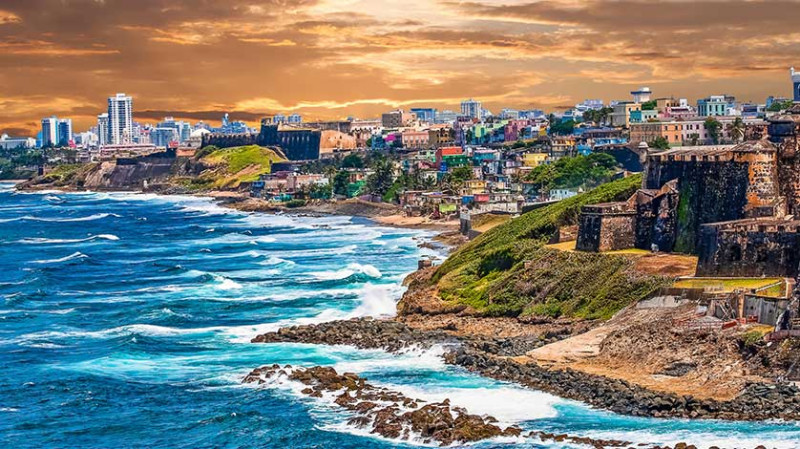
Nowadays, with all the pandemic situations, travelling seems like almost something impossible or at least a challenge you cannot be bothered with. However, don’t let anything stop you from enjoying something as wonderful as travelling and meeting new people, cultures, and experiences. At the end of the day, nothing should stop you from enjoying your life, broadening your horizons, and enriching yourself. We just have to learn how to make it safely, so we can continue enjoying the benefits and advantages travel all around the world offers while being responsible to everyone around us and our own health and well-being, of course.
With so many months spent in a lockdown situation, it is safe to say that we are all eager for a much deserved holiday abroad. However, is it safe and smart enough to take a trip in the middle of a Covid pandemic situation? Well, it depends on how you look at it and if you are ready to follow and comply with the strict safety measures. Despite all the warnings that there is a potential risk for travelling to increase the risk of getting and spreading the disease, still, many people are ready to take the risk and don’t sacrifice travelling. The following tips will help you enjoy a trip somewhere while still being responsible in this challenging situation and don’t be back home with an unwanted souvenir.
Inform Yourself About the Covid Rate Where You Live
First things first, no matter where you are going to, you first should check the current Covid rate in your country in order to prevent as much as possible the risk of spreading the disease to the country or place you will visit. In addition, having a good idea of the Covid rate in your country is important, since it can give you a pretty good idea of there is a potential chance of forbidding all transfers in and out of the country in the near future or some stricter measures being planned. In case there are Covid rates reaching new heights in your country, there is a more serious risk for you and the community in cases of travelling. For instance, higher Covid rates mean there is a higher chance that a passenger near you to have the disease, which raises the overall infection risk and there is a higher chance for you to spread the infection even further. Keep in mind that if you are travelling from a country that is more contagious to a country that is less contagious you may also be required to quarantine for two weeks after arrival or to provide proof of a negative PCR test.
Inform Yourself About the Covid Rate at Your Destination
Tracking the Covid rate where you live is not the only important thing, you should also inform yourself about the Covid rates at the destination you are travelling to. So naturally, if you are heading to a highly contagious destination that is marked with a red flag, the risk of you getting ill is very high, therefore you would prefer to avoid such a destination when possible. Keep in mind that in such places the hospitals may also be exceeding capacity, therefore, there is a very high chance you may not be able to get adequate care. Make sure to check the website of your local health department or the government website to find out a list of all countries and areas with a very high positivity rate. This can help you plan your trip better or even avoid a country that is too risky to travel to.
Consider Your and Your Host’s Health Condition
Now, the most important question when you decide to travel during the pandemic is how risky it would be for you and for the people you meet along the way to actually take this trip? In fact, at the moment assessing the situation is pretty individual from person to person and from situation to situation. However, in case that you evaluate your situation like you are at a high risk of severe consequences if you get ill from the disease, it is highly advisable to rather avoid travelling at the moment. People that are in a higher risk of more severe consequences are usually older people and people with underlying health conditions.
Don’t Forget to Test
It is highly advisable to test yourself for Covid before and even after your trip, even if it is not required when leaving the country or coming back home. So no matter if this will help you avoid quarantine, make sure to have yourself tested with a PCR test if one is available to you. Getting a negative test will reduce the risk for you unknowingly bringing the virus to your destination or back home. However, keep in mind that some places actually require a test before you enter the country, so in these situations, you have no other choice but have yourself tested.
Decide on the Best Mode of Transport
Now, since the situation all over the world is currently very specific and unique, you may reconsider the traditional mode of transportation for you and pick something safer instead. In general, experts consider driving to be the safest way to travel at the moment since you are meeting fewer people and you are not travelling in an overcrowded train, bus, or aeroplane, which means a significantly lower risk of travelling with contagious people. However, if driving to your destination is not an option, you can opt for flying since it is also relatively safe as long as the proper precautions are taken, which happens in almost all cases since flight companies have strict control. The most important thing is that the airline should ensure the aeroplane is properly cleaned and thoroughly disinfected, there is sufficient distance between passengers during boarding and disembarking the plane, all passengers are wearing protective masks during the flight. Travelling by bus or train requires extra vigilance since the ventilation system may not be as good as the ventilation systems of aeroplanes.






